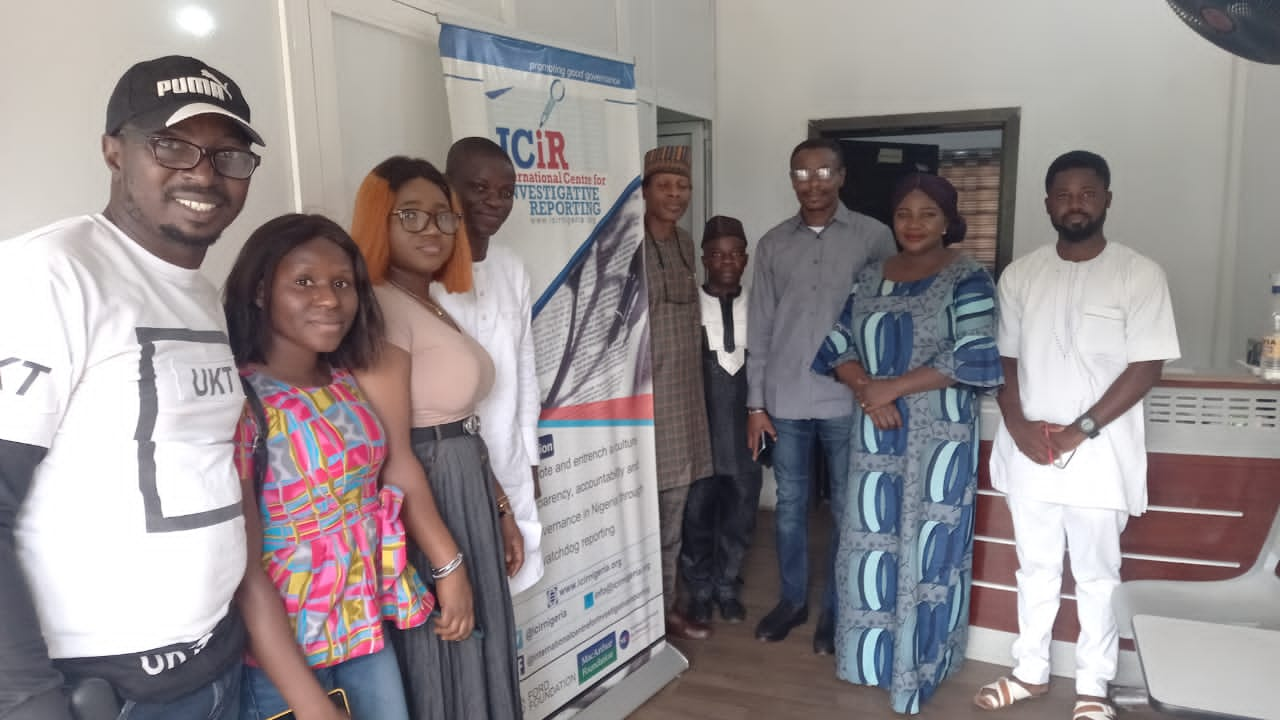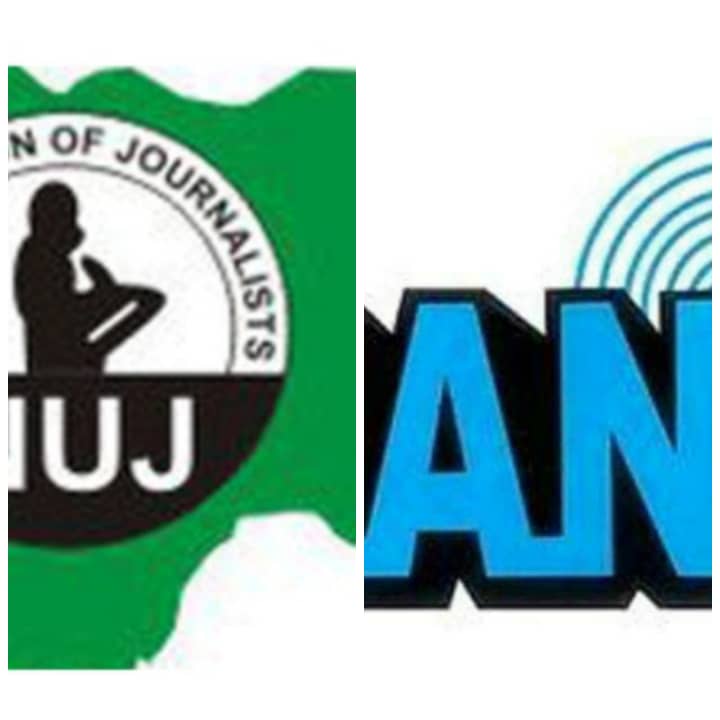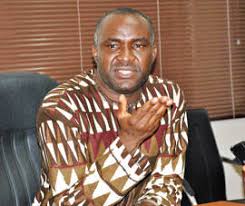The Nigeria Union of Journalists (NUJ) FCT Correspondents’ Chapel is partnering with the International Centre for Investigative Reporting (ICIR) on the training of journalists especially in the area of data journalism, fact checking, open source intelligence and multimedia journalism.
The Chairman of the Chapel Mr. Jide Oyekunle stated this at the weekend when the Executive members of the Chapel visited the ICIR office in Abuja on the need for strategic partnership in organising periodic training and capacity building for journalists .
He said the training is aimed at enriching and validating the reportorial skills and knowledge of their members and also acquainting them with how to use of data and statistics in story writing instead of the traditional way of storytelling and narrative journalism.

Oyekunle said the partnership was borne out of the good and cordial relationship that have existed between the ICIR and the media as a whole.
He noted that over the years the center has played a significant and remarkable role in raising the bar of excellence in the profession through investigative journalism by holding government authorities and officials to account.
He stressed that technology revolution has changed and impacted journalism profession in so many ways hence the need for members to improve their skills in the new techniques in news reportage, content creation to fight against fake news, disinformation and misinformation.
According to the Chairman “We are here today to formally request for collaboration with your organisation in organising periodic training and capacity building for our members which cut across different media organisations.
“Training and capacity building is the fulcrum of out agenda and programmes which we have set out to achieve within the three years of our tenure in office. We know that ICIR sets the pace and holds the ace when it comes to requisite training for media practitioners.
“The area of training we are talking about here includes ;data journalism, fact checking open source investigation, multimedia journalism and many more which have now become the face of modern day journalism.
“Journalists nowadays have to produce stories for a multimedia world as a result of technology revolution and media pluralism therefore putting reporters under undue pressure and effective weapon against misinformation, disinformation and fake news”
Responding the Managing Editor ICIR, Mr. Ajibola Hamzat commended the NUJ FCT Correspondent Chapel delegation for taking their time to visit the center saying it has shown that the new leadership of the Chapel is committed to the vision of changing the face of journalism profession for better.
He said ICIR was established with the vision of ensuring positive change for the country by setting the pace for good and responsible journalism through training.
According to Hamzat “In 2012 when we registered as an NGO, our mission was just to go into the news room and train people about different area of journalism as many as are willing to be trained.
“We are glad that you are here and I can assure you that we are very excited and we are willing to work with your chapel going forward.
“You talked about the number of areas we need to handle I think they are very important. Yes, we are very strong in data journalism because deliberately we have a data department. “It was not by accident because we realise that data is now journalism and journalism is now data. You cannot separate one from other.”
On her part the Programme Manager,
Agema Gloria said the center is ready to train members of the Chapel just as she encouraged journalists to deploy the skills after the training in their various newsrooms.
According to her ” For instance multimedia journalism training is so easy that at the end of the day, once you have that training you should be able to do a lot of things with your colleagues and train a lot more people “




